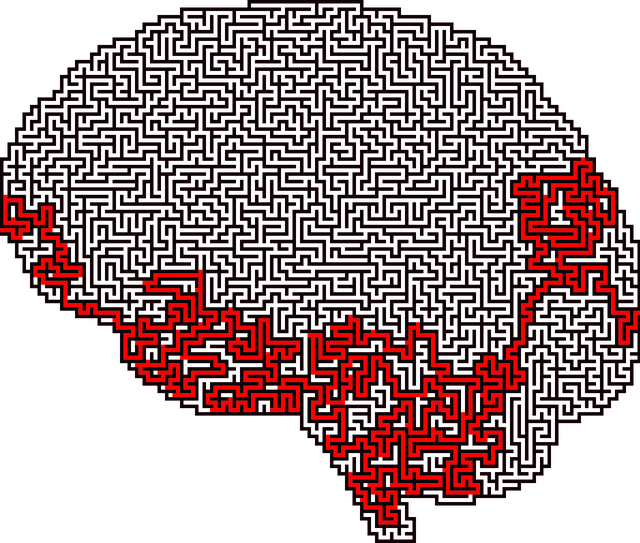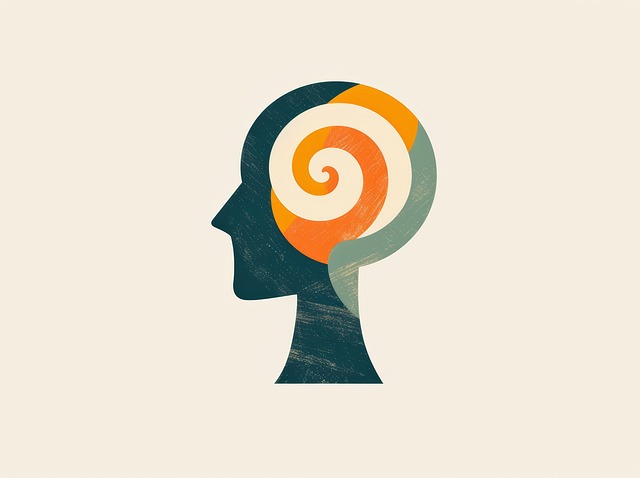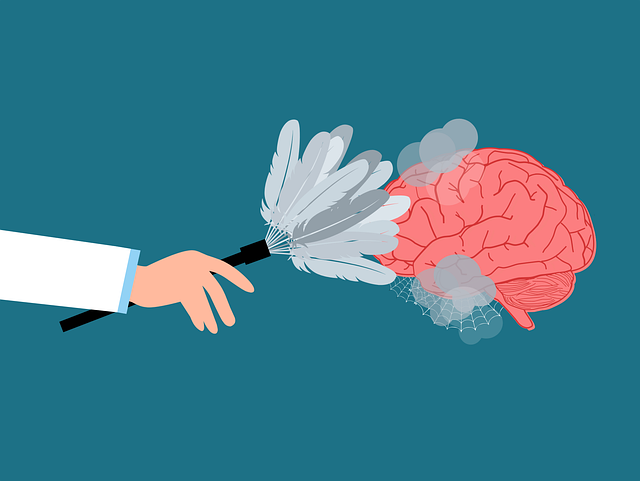Cultural sensitivity is crucial for modern mental healthcare, especially when delivering effective therapies like Centennial Cognitive Processing Therapy (CCPT). Mental health professionals must understand and respect diverse cultural beliefs, values, and practices to create inclusive environments that build trust with clients from various backgrounds. Integrating CCPT with cultural awareness enhances therapeutic outcomes by addressing unique psychological and social factors within diverse communities. Through tailored approaches, risk assessment strategies, and communication techniques, therapists can overcome language barriers and cultural norms, fostering trust and open dialogue. This ensures CCPT's cultural relevance and accessibility, leading to improved mental health outcomes for all individuals seeking therapy.
Cultural sensitivity is a cornerstone of effective mental healthcare. In a diverse society, understanding and respecting patients’ cultural backgrounds are essential for delivering quality treatment. This article explores cultural sensitivity in mental health practice, focusing on how integrating approaches like Centennial Cognitive Processing Therapy (CCPT) with cultural awareness enhances therapeutic outcomes. We’ll delve into best practices to ensure culturally sensitive services that foster healing and well-being across diverse populations.
- Understanding Cultural Sensitivity in Mental Healthcare
- Integrating Centennial Cognitive Processing Therapy with Cultural Awareness
- Best Practices for Culturally Sensitive Mental Healthcare Services
Understanding Cultural Sensitivity in Mental Healthcare

Cultural sensitivity is a cornerstone in mental healthcare practice, ensuring that therapies like Centennial Cognitive Processing Therapy (CCPT) are accessible and effective for individuals from diverse backgrounds. It involves recognizing and appreciating the unique cultural beliefs, values, and practices that shape one’s understanding of mental health and illness. In today’s globalized world, mental health professionals must navigate a complex landscape where cultural differences can significantly impact therapy outcomes.
By embracing cultural sensitivity, healthcare providers create an environment of trust and respect, fostering better engagement with clients. This approach goes beyond language translation; it involves learning about different cultural contexts to provide tailored support. For instance, certain communities may view mental health issues through a lens of spiritual or familial dynamics, requiring therapists to integrate these perspectives into the therapeutic process. Moreover, promoting self-esteem improvement and offering crisis intervention guidance tailored to cultural norms can significantly enhance the effectiveness of treatment, making CCPT more inclusive and beneficial for all. Public awareness campaigns development that consider these sensitivities can also help destigmatize mental health issues across diverse cultures.
Integrating Centennial Cognitive Processing Therapy with Cultural Awareness

Integrating Centennial Cognitive Processing Therapy (CCPT) with cultural awareness is a powerful approach in mental healthcare that can significantly enhance therapeutic outcomes. CCPT, developed to address complex trauma, focuses on changing unhelpful thought patterns and behaviors. By merging this evidence-based therapy with cultural sensitivity, practitioners can create a more inclusive and effective treatment environment. This involves understanding the unique psychological and social factors within different communities, which may influence an individual’s experience of trauma and their response to therapy.
Cultural awareness enables mental health professionals to adapt their risk assessment strategies and communication techniques for diverse populations. For instance, when working with clients from various ethnic backgrounds, therapists should be mindful of language barriers and cultural norms related to expression and disclosure. Effective communication strategies and conflict resolution techniques can facilitate a deeper connection between the therapist and client, fostering trust and encouraging open dialogue. This tailored approach ensures that CCPT remains culturally relevant and accessible, promoting better mental health outcomes for all individuals seeking therapy.
Best Practices for Culturally Sensitive Mental Healthcare Services

Cultural sensitivity is a cornerstone of providing effective mental healthcare services. To ensure inclusive and compassionate care, therapists should first educate themselves on diverse cultural beliefs, values, and practices related to mental health. This knowledge allows for tailoring treatments, such as Centennial Cognitive Processing Therapy (CCPT), to respect and incorporate clients’ cultural contexts. For instance, understanding the mind-body connection emphasized in certain cultures can enrich therapy sessions focused on Anxiety Relief.
When delivering services, therapists should actively listen to clients’ narratives, ensuring their experiences are validated and respected. Incorporating clients’ preferred language and communication styles fosters trust. Additionally, being mindful of non-verbal cues and cultural norms helps create a safe space. Promoting Mental Health Awareness through culturally sensitive practices enables therapists to empower individuals while addressing their unique challenges, ultimately enhancing the effectiveness of therapies like CCPT in diverse populations.
Cultural sensitivity is paramount in mental healthcare, ensuring equitable and effective treatment for all. By integrating practices like Centennial Cognitive Processing Therapy with a deep awareness of cultural contexts, we can address the unique needs of diverse populations. Adopting best practices that prioritize cultural competence fosters inclusive environments, improves patient outcomes, and promotes healing across communities. This approach not only respects individual identities but also empowers folks to access the support they need, ultimately enhancing mental well-being for everyone.














